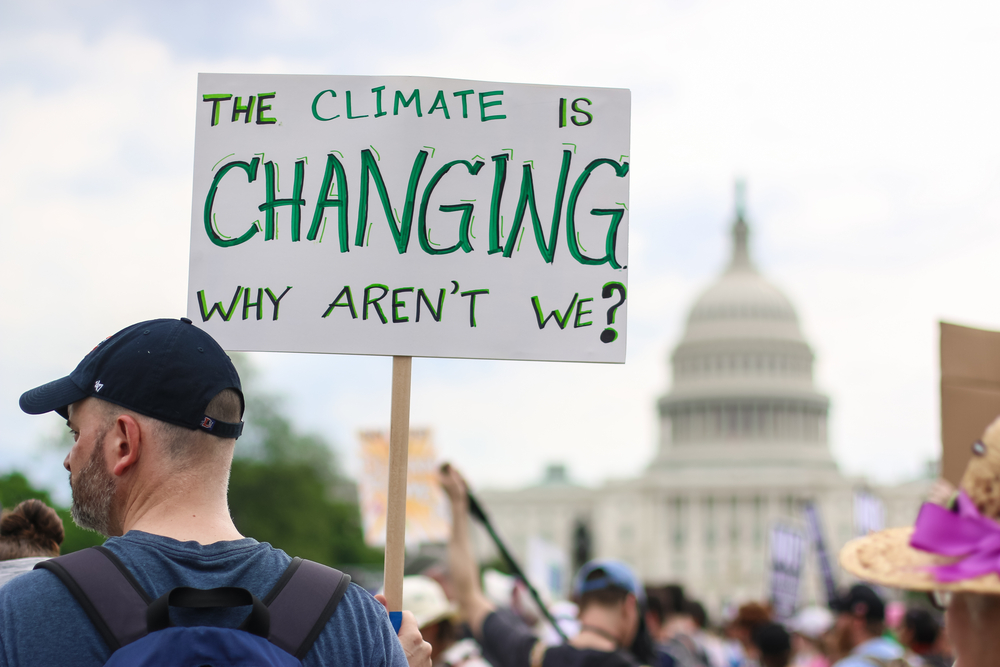My daughter mentioned to me at the weekend that for the first time since her school closed in March, the lead story on the BBC News website had nothing to do with Covid-19. The focus on the coronavirus disease is necessary and understandable. The need to develop an effective vaccine, to re-purpose existing drugs for therapeutic use, and to keep our people safe remains the priority. And we can be proud of the leadership role the United Kingdom and India are playing — truly a Force for Good.
But Covid-19 is not an isolated emergency. It has provided a stark reminder of what happens when humanity’s relationship with nature breaks down. As we recover, we have to make a decision about that relationship. About the kind of recovery and the kind of future that we want.
We owe it to future generations to protect and restore nature, reducing our exposure to deadly viruses and climate impacts. To lay the foundation for sustainable and inclusive growth that creates jobs in the industries of the future. And to address the linked challenges of public health, climate change, and biodiversity.
The Paris Agreement and Sustainable Development Goals are a very strong framework to guide our action. Next year, the COP26 UN Climate Change Conference can be a moment when the world unites for clean, resilient recovery that delivers for people and planet.
The United Kingdom will now host COP26 from November 1 to 12, 2021 in Glasgow. The revised date will allow us and our Italian partners to harness the G7 and G20 presidencies in driving climate action. As hosts, we will continue to work with all involved to maintain momentum: increasing climate action, building resilience and lowering emissions, and encouraging all countries to come forward with ambitious nationally determined contributions.
We do not have time to waste. The climate emergency will not wait for the Covid-19 emergency. The Earth has just experienced its second warmest April ever. The United Kingdom had its wettest February since records began. Here in West Bengal, we’re picking up the pieces after the most ferocious cyclone in almost three centuries.
Lights on the climate dashboard are flashing red. As His Royal Highness, Prince William, has said, the Earth is at a tipping point and we face a stark choice. Either we continue as we are and irreparably damage our planet; or we remember our unique power as human beings to lead, innovate and problem-solve.
Ahead of COP26, we have defined five key areas where, working with our global partners such as India, we can make progress faster — clean energy, to move away from the polluting options of the past and embrace the low-cost, zero-emissions technologies of the future; clean transport, to bring forward the date when zero-emissions vehicles will be more affordable and more numerous than petrol and diesel; nature-based solutions to safeguard ecosystems, protect natural habitats and keep carbon out of the atmosphere; adaptation and resilience, to help communities and countries adapt to the worst effects of climate change; finance, to unleash the capital that will pay for the shift to a zero-carbon economy.
Climate change is not just about Government. That is why we’ve chosen June 5, World Environment Day, for the launch of ‘Race to Zero’, the global COP26 campaign to mobilize leadership and support from businesses, cities, regions and investors — all committed to the goal of achieving net zero emissions by 2050 at the latest.
This recognizes that what we do at the local level is tremendously important. Calcutta can be proud of its record. The City of Joy was recognized internationally by the C40 Group for its work on solid waste management and electric mobility. We believe COP26 will provide the perfect opportunity for Calcutta to showcase leadership on climate change by championing a clean and resilient recovery from the profound impacts of Covid-19 and Cyclone Amphan.
We look forward to working with our partners in Calcutta, in West Bengal, across India and around the world along a path to clean and resilient recovery, while ensuring that no one is left behind. By joining forces, I know we can make progress faster.
The author is the British Deputy High Commissioner to Calcutta. You can reach him on Twitter at @NickDLow










